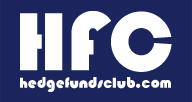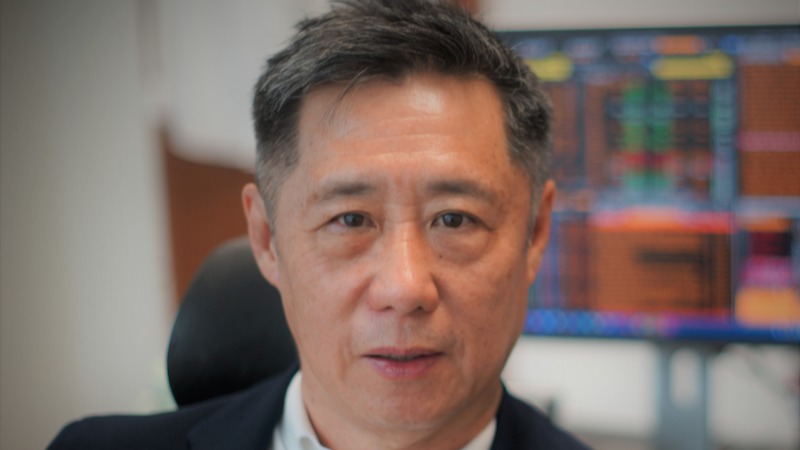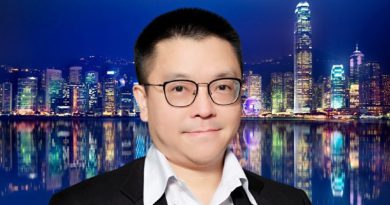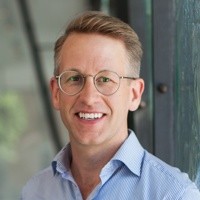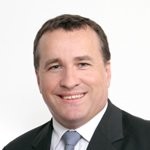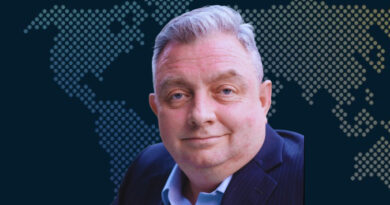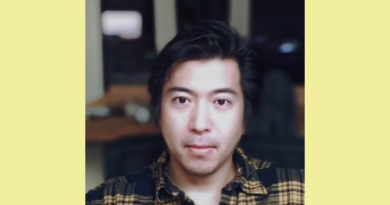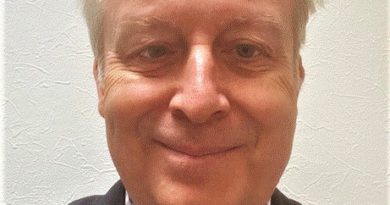Pilgrim’s Albert Ee: “Hard skills and experience are key”
Albert Ee, one of the best-known persons in Singapore’s hedge fund industry, talks with Hedge Funds Club’s Stefan Nilsson about his career, the skills it takes to succeed as a hedge fund manager, risk management and Singapore’s role in the industry.
Albert Ee is the CEO and founder of Pilgrim Partners Asia. Previously, he was the Head of Asia for Millennium Management and Tribeca Global Management where he was a member of the Executive Committee. Between 1998 and 2005, Albert was the Deputy Director of the Government of Singapore Investment Corporation (GIC), where he was responsible for the department’s trading positions as well as his macro investment portfolio. He started his career on the FX and money markets desks of several international banks, reaching the position of Deputy Treasurer for Banque Paribas in Singapore.
Following your banking career, you then worked at GIC for quite a few years. What made you make the move from managing the government’s money to going to work in the fund management industry?
I was blessed to have the opportunity to work at GIC, where I had wide and deep exposure to the fund management industry. At that point, I felt that I could stay on for life, or to explore new areas. I was given a great opportunity when Citigroup approached me to join their internal hedge fund, Tribeca Global investments. It was an opportunity that was too good to pass. While GIC was a very strong, professional, well-run institution, working in a hedge fund required that I pick new skill sets and understand the nitty-gritty of setting up and running a fund management company.
Having worked for a couple of major fund managers you then decided to found your own asset management company. What led you to that decision?
Working with Tribeca Global Investment and Millennium Partners was very fulfilling. I was learning every day and was able to expand my knowledge and experience. I was working with colleagues and partners who were at the forefront of industry developments. After working for almost 20 years, I felt then that it was time for me to build something which I can call my own. 2008 was the global financial crisis. I thought that it was timely and could be a period of opportunity.
How has Pilgrim’s business evolved since you and your partners founded it in 2009?
In the first four-five years, we ran the company as a boutique global macro fund, managing our own money and some investors who are mainly friends, and family offices. About six years ago, we were approached by two experienced managers seeking our help to start their own funds. It then dawned on me that there could be a need for fund platforms that could grow over time. I felt that given our wide experience and knowledge of the fund industry, we can build robust infrastructure that can help fund managers set up their funds in a cost-efficient yet professional way within our platform. Thus, we pivoted our business model to that of a fund platform.
What kind of investment strategy or type of fund manager are you currently looking to add to Pilgrim’s line-up?
At the moment, we have a diverse portfolio of funds, ranging from traditional hedge funds, to venture capital funds, single project funds. While we think that this forms our core strategies, we hope to include new strategies like ESG projects, WTE, carbon trading and other new economy strategies. The real challenge at the moment is that the industry is trying to get to assimilate the inclusion of digital assets, yet suppliers to the traditional fund management industry like professional indemnity (PI) insurers haven’t seemed to find a way to offer PI coverage the way they do for traditional funds. This could be an area of deep profitability for insurers who are willing to explore this.
Early in your career, you traded options in London and Chicago. How has your background as a trader helped you in understanding, assessing and monitoring portfolio managers at Pilgrim?
Stefan, you touch on an important component of a robust fund platform structure, risk management and enforcement. While my trading experience and the ability to manage risk came in handy, my responsibility in sourcing, interviewing and assessing fund managers puts me in good stead. It gave me a deep and broad understanding of various hedge fund strategies and it also developed my ability to assess if a candidate passes the “smell test”.
Risk management is a key focus for many investors. You serve on Pilgrim’s risk committee. How do you approach risk management when you run a firm with several separate funds with quite different investment strategies?
Before we allow any fund manager to start trading, we will engage them to determine and agree to the trading universe/limits and the risk limits that are appropriate for their strategy. The objective is to ensure that fund managers do not deviate from their stated investment strategy in the marketing documents. The fund managers receive two reports each day, the position and shadow NAV, and a risk report. This report is for the benefit of both the fund manager and the compliance/risk manager for monitoring purposes. Risk breaches will be flagged and an escalation process is in place to deal with risk limits and other breaches.
You work with a number of family offices and wealthy families. Singapore has seen a boom in the family office space with more than 400 family offices now established there. Do you think that this growth will continue or are we likely to see consolidation with a few major multi-family family offices taking the bulk of the assets?
I think that Singapore is at a sweet spot. MAS was brilliant in introducing the VCC. The structure is extremely attractive in attracting family offices and helping them manage their funds out of Singapore. I do think that the growth will continue into the medium to long term. While there have been a few prominent family offices, there is a lot of new wealth being created from new industries like fintech and crypto, and also wealthy families and money seeking a safe environment. As a geography, Singapore is also a recipient of geopolitical flows from Europe, North Asia and the region. This is something we have to realise; that our positioning as a country is a result of years of crafting policy and being able to adapt to these geopolitical changes. But regulatory and fiduciary responsibilities remain. Family offices coming to set up in Singapore need to work with local partners who have proven track records and can help them sidestep compliance, fiduciary and regulatory minefields as well. Look for partners with local knowledge and regional outlook who have done this before.
Your educational background includes an MBA as well as an engineering degree and you are a CFA and CAIA charter holder. What should be the educational priorities for someone who wants to get a chance at landing a job in the hedge fund industry?
There will be a requisite basic degree. Whereas it used to be a business or finance degree, there are more candidates coming from engineering, computing and other disciplines. CFA and CAIA are still good professional qualifications to have, and they help open the door. After making it through the door, hard skills and experience are the key ingredients for success. At the same time, soft skills are important too. In the age of a deluge of information and workstreams, having people skills are now more critical than ever, in being able to get work teams functioning at a high level for long periods of time. So, I would say technical skills and compliance/risk focus in fund management now needs to be blended with people skills (EQ) to form a truly three-dimensional specialist. Long gone are the days of the “quant genius” who can afford to hide in the office closet doing his coding – he now needs to engage work teams and management for buy-in as fund management gets more complex.
You’ve been in the same role for many years now. What motivates you to keep going?
My personal interest in investing and fund management remains and has not diminished, and I do expect to continue this for as long as I can. As for the fund platform business, I am building a team of younger, motivated colleagues to run the business. I hope to pass on this responsibility to younger partners who will continue to drive and grow the business. Now the focus is on seeing the younger ones growing and surpassing even myself in all aspects of the business. Pilgrim has been my family and all I want to do is to engender a culture where everyone tries to outdo each other in generosity and giving.
